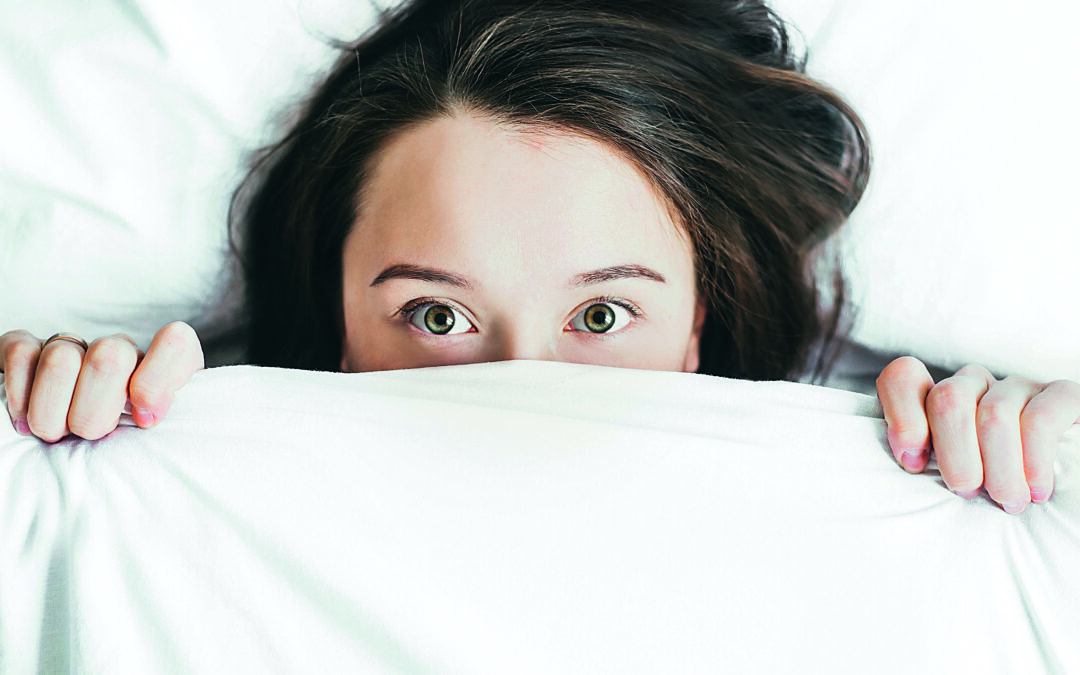Do you ever lay awake at night, your mind racing only to finally drop off to sleep what seems like minutes before your morning alarm sounds? For sufferers of insomnia this can be their reality, night after sleepless night. According to The National Institute of Health insomnia affects 30% of us at one time in our lives.
Insomnia tends to play out in two different ways. Onset Insomnia is when there is difficulty falling asleep at the beginning of the night. Whereas Maintenance Insomnia is the problem with staying asleep, the sufferer can wake up during the night or very early in the morning and have trouble getting back to sleep.
Recently I’m finding more and more enquiries for hypnotherapy are from people struggling with sleep. Whilst I know I can help people with my services there are also some simple things they can do to help themselves.
Top tips to help aid better quality sleep:
Keep regular hours. As far as is possible try to go to bed at the same time each night and set an alarm to get up at the same time everyday too. This creates a good habit for feeling tired and going to sleep at the appropriate time each night.
Limit caffeine to the earlier part of the day and try to cap your caffeine drinks to 2-3 per day. You could enjoy a herbal tea like Pukka Night Time Tea before bed.
Regular exercise can help sleep, but do any cardio/high intensity exercise earlier on in the day, as this could keep you wake if you do it in the evening.
Whenever possible eat your dinner four hours before you go to bed at night, this is because the digestive process creates activity, heat and stimulation in the body making it more difficult to relax and sleep.
Limit alcohol consumption too as a drink or two can initially appear to help you drift off to sleep, but can actually wake you up far too early in the morning. An alcohol-induced sleep can be poor quality sleep too, so you may wake up feeling tetchy and tired after too much alcohol.
Make your bedroom a sanctuary. It’s best to leave all phones, computers, tablets out of the bedroom. Ensure your bed is comfy and the lighting is soft. Noise and temperature should be controlled too. Your bedroom should feel relaxing and peaceful.
Over-exposure to blue screens is thought to negatively affect sleep, so keep this to a minimum in the evening. If you’re working in front of a computer all day, it might help to use some screen reflective glasses or blue light blocking glasses.
Rather than checking emails, social media, work etc before bed, spend at least the last hour in the evening doing something relaxing: a nice bath, reading a novel, listening to a meditation or sleep hypnosis audio.
Also for obvious reasons stay away from the 10pm news on TV!!
If you suffer with poor quality sleep I hope these tips help!

